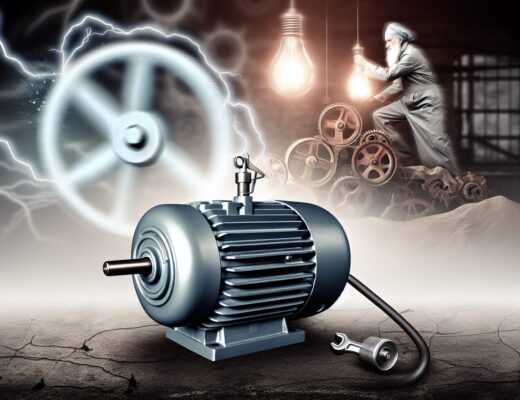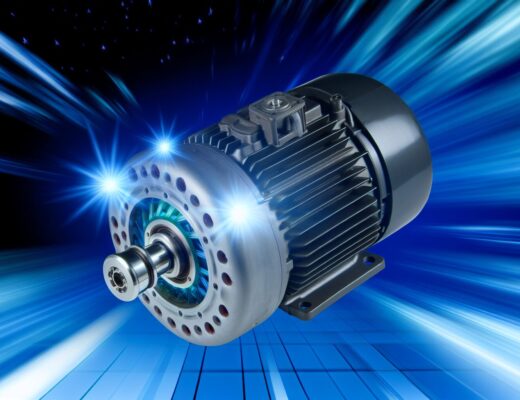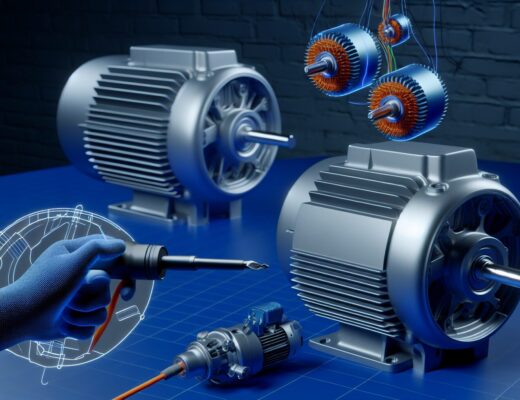Electric motors have transformed various industries, powering everything from household appliances to sophisticated manufacturing systems. These versatile machines convert electrical energy into mechanical energy, thus providing efficient solutions for various applications. Their importance continues to grow as the world shifts towards greener energy sources and sustainable practices.
The Types and Applications of Electric Motors
There are several different types of electric motors, each designed for specific purposes. The most common types include AC motors, DC motors, and stepper motors. AC motors are widely used in industrial applications due to their durability and efficiency. DC motors, on the other hand, are favored for applications requiring precise speed control, such as robotics and automated systems. Stepper motors are commonly used in 3D printers and CNC machines due to their ability to move in discrete steps. Understanding these types and their applications is crucial for selecting the right motor for any project.
In recent years, the market for electric motors has seen significant growth, driven by advancements in technology and increasing demand for energy-efficient solutions. As industries seek to reduce their carbon footprint, electric motors are becoming the preferred choice over traditional combustion engines. Their ability to operate quietly while providing high torque and efficiency makes them ideal for both residential and commercial use. To explore a range of options available, check out this page on [electric motors](https://vyboelectric.co.uk/shop/).
As we continue to innovate and integrate electric motors into our daily lives, it’s essential to stay informed about their benefits and applications. By embracing electric motor technology, we can contribute to a more sustainable future. For more information on electric motors and how they can enhance your projects, visit [VYBO Electric](https://vyboelectric.co.uk/).



